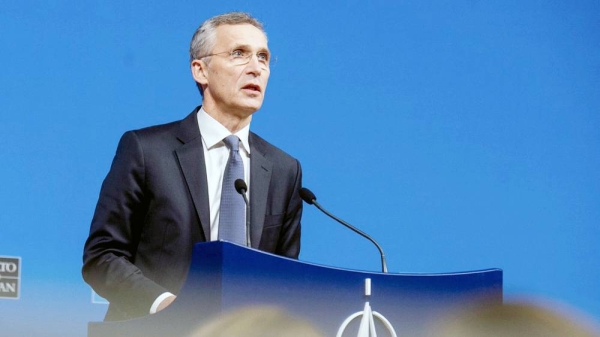
Advisers advise, as the old saying goes, but politicians decide. What it doesn’t add but should is that when those decisions go wrong, both sides are monumentally tempted to blame the other.
And so it has proved with coronavirus. Ministers are increasingly openly attacking the scientific advice they were given, while experts both in and out of Sage are increasingly critical of the decisions subsequently made. Stand by for the fallout from the work and pensions secretary Thérèse Coffey declaring, when pressed to admit that ministers have handled the outbreak in care homes badly, that if the scientific advice was wrong then it’s unsurprising people think the resulting decisions were wrong. It’s human nature to lash out when lined up, fairly or unfairly, as the fall guy, yet the sight of mutual recriminations breaking out is downright alarming for a general public still wondering whether it’s safe to leave the house.
So this week’s intervention from the Commons science and technology committee, which has spent weeks interrogating the key players by video link, is both timely and welcome in painting a more nuanced picture of what went wrong. Its letter to ministers zeroes in on the decision back in March to stop testing for coronavirus in the community and focus on hospital patients, which it correctly describes as “one of the most consequential made” in the crisis. Without widespread testing, Britain not only lacked insights into how fast the virus was spreading, but also set itself up for further horrors down the line. The failure to test workers moving between care homes may have helped the virus spread rapidly through some of the most vulnerable communities in the country. Without mass testing and tracking systems to detect signs of new outbreaks, it’s hard to reopen schools or to lift the lockdown safely. So why, the committee wanted to know, didn’t Britain follow other countries and throw everything at testing?
So far, the health secretary, Matt Hancock, has taken most of the flak for that failure. Yet the committee identifies Public Health England as the slipperiest customer here, pointing out that nearly two months after it promised to show MPs the evidence on which the decision to stop community testing was based, it still hasn’t done so. Could it be, the MPs ask, that “no rigorous assessment was in fact made” of other countries’ approaches to testing? Greg Clark, the mild-mannered former Tory minister who chairs the committee, has openly argued that the decision was driven less by scientific considerations than by PHE’s lack of in-house capacity to carry out anything like enough tests and reluctance to accept help from an untried network of outside labs. That fits with tales of university and commercial labs queueing up to offer help, only to be ignored until Hancock eventually stepped in. His much-mocked target of 100,000 tests a day, delivered by a mix of private and public providers, prompted some dubious gaming of the figures but also delivered a belated surge in testing capacity without which we’d arguably be in even worse shape now. So why did all this seem to rely on what the committee calls a “personal initiative” by a rather lonely Hancock, in the teeth of hostile briefings from his own colleagues?
“Just follow the science” has become a mantra for people who think that “science” equals incontrovertible proof, free of ideological bias or grubby political considerations. But faced with a novel virus, creating dilemmas unprecedented in modern advanced democracies, sometimes science doesn’t always offer a clear or correct conclusion. Political leaders following expert counsel will generally do better than ones who start experimentally dosing themselves with malaria drugs against medical advice, but sometimes even the best experts won’t have enough facts to reach a definite verdict. Behind closed doors there will inevitably be narrow judgment calls, and the assumptions on which they are made won’t always hold as more evidence emerges.
In a crisis like this, the best decisions will be made by leaders flexible enough to change their minds when the facts change, rather than sticking grimly to a plan even as it’s overtaken by events. But people worried about being turned into scapegoats have a dangerously strong incentive not to raise conflicting evidence or to rock the boat. Advisers can’t advise freely if they think politicians are secretly gathering ammunition to use against them; ministers develop a bunker mentality when constantly watching their backs. It may be too late now to stop the public blame game. But both sides should remember it’s a battle that ultimately nobody wins.
• Gaby Hinsliff is a Guardian columnist












